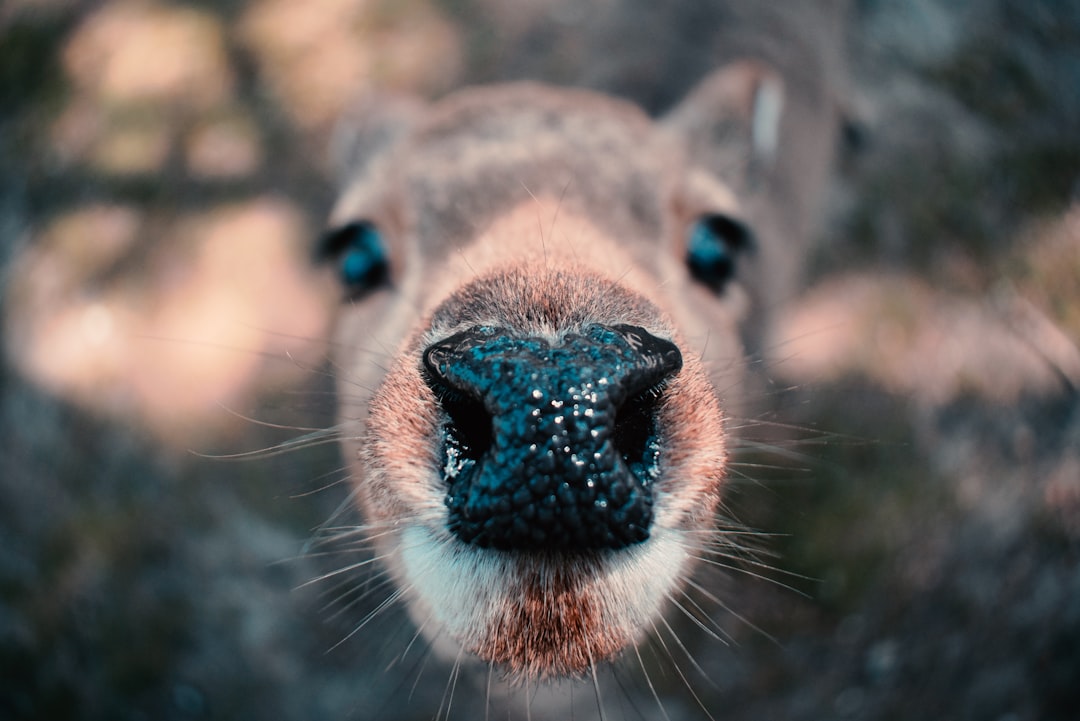What is it about?
Memory is an important ability for animal life. We showed for the first time that foraging decisions of any diving animal are influenced by prey encounters experienced during the past few dives.
Featured Image
Why is it important?
Terrestrial animals can usually maintain foraging effort, including prey search and capture, and they do not need to cease feeding for breathing. However, air-breathing diving animals need to commute between the prey patch and the water surface to breathe. Therefore, foraging in air-breathing diving animals has to be intermittent because of the alternating foraging and non-foraging periods. This limitation imposes additional constraints on diving animals—not only do they make trade-offs about continuing to forage in the present locality or moving to a new site, but they must also determine how prey patches might change during the period when they are unobserved.
Perspectives
Fishermen have favorite fishing points, where they have captured many fish for a long time. Even no fish is captured one day, they will still visit the points again. Many animals probably decide their foraging strategy based on the past experiences. However, few empirical studies investigated on the matter that animals have robust decision-making such as fishermen robust. This study examined how animals decide future foraging behaviour, continue to search prey at the same area or leave for searching in another place, based on past experience.
Dr Takashi Iwata
University of Tokyo
Read the Original
This page is a summary of: The influence of preceding dive cycles on the foraging decisions of Antarctic fur seals, Proceedings of the Royal Society B Biological Sciences, July 2015, Royal Society Publishing,
DOI: 10.1098/rsbl.2015.0227.
You can read the full text:
Contributors
The following have contributed to this page










